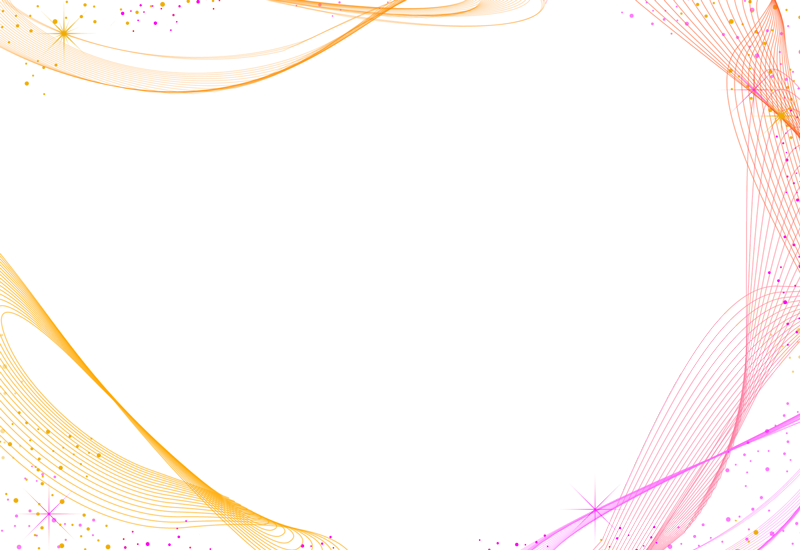
FREE PDF GUIDE!
Roadmap to Reignite Your Soul Fire
A guide for spiritually inclined women to reignite their soul fire. Soulfully crafted, this three-step guide supports you in getting out of spiritual plateau, and moving forward to saying YES to your soul and being fulfilled.

